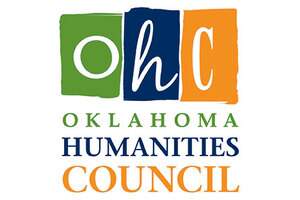History Department OAHP/PAT Convention
See below for links to documents concerning the 66th Annual Conference of the Oklahoma Association of Professional Historians meeting with Phi Alpha Theta in Tahlequah, March 6-7
More information about historic Tahlequah.
Professor Gary Moulton* will be discussing "Cherokee Chief John Ross: For Yesterday and Today" at a public meeting in the auditorium of the Armory Municipal Center (100 N Water Ave in Tahlequah) at noon, Thursday, March 6. Members of the OAPH and PAT who arrive early are invited to attend the presentation.
*Funding for Professor Moulton's presentations is provided in part by a grant from the Oklahoma Humanities Council (OHC) and the National Endowment for the Humanities (NEH). Any views, findings, conclusions, or recommendations expressed in these programs do not necessarily represent those of OHC or NEH.

